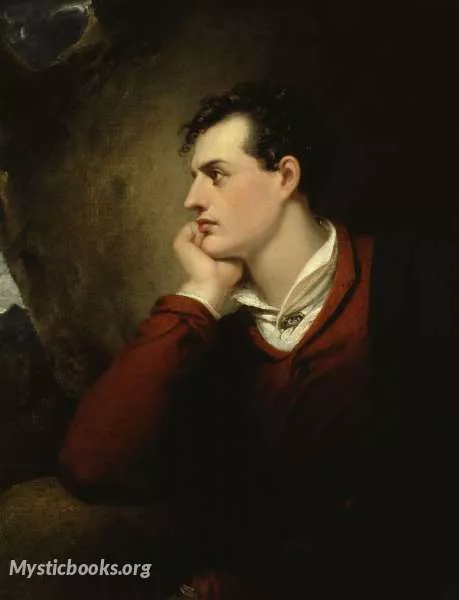
Timeline
Title
Country/Nationality
George Gordon, Lord Byron
George Gordon Byron, 6th Baron Byron, known simply as Lord Byron, was an English peer, who was a poet and politician. He was one of the leading figures of the Romantic Movement and is regarded as one of the greatest English poets. He remains widely read and influential. Among his best-known works are the lengthy narrative poems Don Juan and Childe Harold's Pilgrimage; many of his shorter lyrics in Hebrew Melodies also became popular.
He travelled extensively across Europe, especially in Italy, where he lived for seven years in the cities of Venice, Ravenna, and Pisa. During his stay in Italy he frequently visited his friend and fellow poet Percy Bysshe Shelley.
His only marital child, Ada Lovelace, is regarded as a foundational figure in the field of computer programming based on her notes for Charles Babbage's Analytical Engine. Byron's extramarital children include Allegra Byron, who died in childhood, and possibly Elizabeth Medora Leigh, daughter of his half-sister Augusta Leigh.
George Gordon Byron was born on 22 January 1788, on Holles Street in London – his birthplace is now supposedly occupied by a branch of the departmental store John Lewis.
Byron was the only child of Captain John Byron (known as 'Jack') and his second wife Catherine Gordon, heiress of the Gight estate in Aberdeenshire, Scotland. Byron's paternal grandparents were Vice-Admiral John Byron and Sophia Trevanion. Having survived a shipwreck as a teenage midshipman, Vice Admiral John Byron set a new speed record for circumnavigating the globe. After he became embroiled in a tempestuous voyage during the American Revolutionary War, John was nicknamed 'Foul-Weather Jack' Byron by the press. In short, George Gordon Byron had an interesting family.
Byron received his early formal education at Aberdeen Grammar School, and in August 1799 entered the school of Dr. William Glennie, in Dulwich. Placed under the care of a Dr. Bailey, he was encouraged to exercise in moderation but could not restrain himself from "violent" bouts in an attempt to overcompensate for his deformed foot. His mother interfered with his studies, often withdrawing him from school, with the result that he lacked discipline and his classical studies were neglected.
Lord Byron's Philosophy
Lord Byron's philosophy revolved around the idea of the individual's pursuit of personal freedom and the rejection of societal constraints. He believed in the power of emotions and embraced the idea of living life to the fullest, often indulging in excesses and leading a scandalous personal life. His libertine persona and unconventional lifestyle made him a controversial and intriguing figure of his time. Lord Byron was renowned for his progressive and radical principles, challenging societal norms and advocating for personal freedom. He expressed his beliefs through his poetry, often exploring themes of individualism, political liberty, and the pursuit of passion. Byron's works were infused with a sense of longing, melancholy, and a fascination with the supernatural.
One of Lord Byron's most famous works is the narrative poem "Childe Harold's Pilgrimage," which propelled him to literary fame. This epic poem follows the journey of a young man named Harold as he explores various European landscapes, contemplating life, love, and the human condition. The poem resonated with readers, capturing the essence of the Romantic era with its evocative imagery and emotional depth.
Lord Byron's Death
In 1801, he was sent to Harrow, where he remained until July 1805. An undistinguished student and an unskilled cricketer, he did represent the school during the very first Eton v Harrow cricket match at Lord's in 1805.
Mavrokordatos and Byron planned to attack the Turkish-held fortress of Lepanto, at the mouth of the Gulf of Corinth. Byron employed a fire-master to prepare artillery, and he took part of the rebel army under his own command, despite his lack of military experience. Before the expedition could sail, on 15 February 1824, he fell ill, and bloodletting weakened him further. He made a partial recovery, but in early April he caught a violent cold, which therapeutic bleeding, insisted on by his doctors, aggravated. This treatment, carried out with unsterilized medical instruments, may have caused him to develop sepsis. He contracted a violent fever and sadly, Lord Byron's life was cut short.
He died at the age of 36 on April 19, 1824 in Missolonghi, while fighting for Greek independence during the Greek War of Independence. Byron's dedication to the cause of Greek freedom made him a hero in Greece, and he is remembered as a national poet and a significant figure in Greek history.
George Gordon Byron's Legacy
Lord Byron's legacy endures through his influential poetry and his contribution to the Romantic movement. His poems continue to inspire readers with their vivid imagery, emotional intensity, and exploration of profound human emotions. Byron's larger-than-life persona and his ability to craft captivating narratives have left an indelible mark on the literary world.
Conclusion
In conclusion, Lord Byron was a trailblazing poet who defied societal conventions, advocated for personal freedom, and left a lasting impact on English literature. His principles, notable works like "Childe Harold's Pilgrimage" and "Don Juan," and his rebellious spirit continue to captivate readers to this day. Lord Byron's philosophy, untimely death, and his legacy as a national hero in Greece further cement his place as a literary icon, remembered for his extraordinary contributions to the world of poetry.
Books by George Gordon, Lord Byron

Don Juan: Canto I
In English literature, Don Juan (1819–1824), by Lord Byron, is a satirical, epic poem that portrays Don Juan not as a womaniser, but as a man easily seduced by women. As genre literature, Don Juan is an epic poem, written in ottava rima and presented...
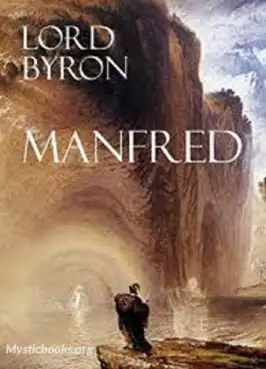
Manfred
Manfred: A dramatic poem is a closet drama written in 1816–1817 by Lord Byron. It contains supernatural elements, in keeping with the popularity of the ghost story in England at the time. It is a typical example of a Gothic fiction.
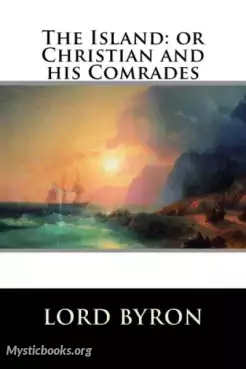
The Island
Written late in his career, Byron's narrative poem The Island tells the famous story of the mutiny on board the Bounty, and follows the mutineers as they flee to a South Sea island, "their guilt-won Paradise."
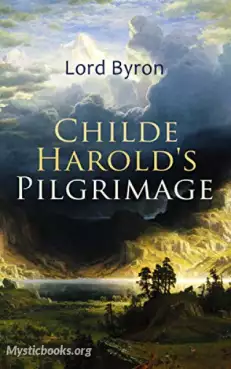
Childe Harold's Pilgrimage: Canto IV
It describes the travels and reflections of a world-weary young man, who is disillusioned with a life of pleasure and revelry and looks for distraction in foreign lands. In a wider sense, it is an expression of the melancholy and disillusionment felt...
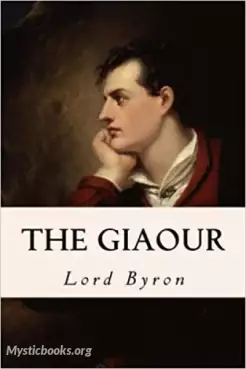
The Giaour
The Giaour is a poem by Lord Byron first published in 1813 by John Murray and printed by Thomas Davison. It was the first in the series of Byron's Oriental romances. The Giaour proved to be a great success when published, consolidating Byron's reputa...
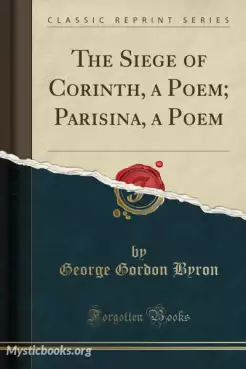
The Siege of Corinth
The Siege of Corinth is a rhymed, tragic narrative poem by Lord Byron. Published in 1816 by John Murray in London with the poem Parisina, it was inspired by the Ottoman massacre of the Venetian garrison holding the Acrocorinth in 1715 – an incident i...
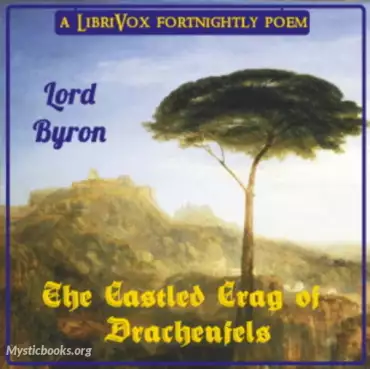
The Castled Crag of Drachenfels
The Castled Crag at Drachenfels is a 4-verse poem embedded in Canto 3 of Childe Harold's Pilgrimage by Lord Byron. It is thought to be addressed to his half-sister Augusta Leigh, by whom he was believed to have fathered a child. The Drachenfels crag...
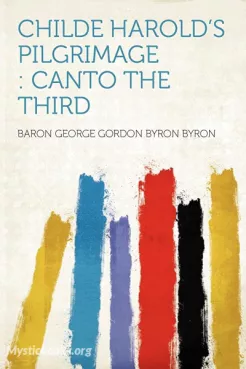
Childe Harold's Pilgrimage: Canto III
In this, readers are taken on a journey with the protagonist, Childe Harold, as he explores various regions of Europe. The book is filled with vivid descriptions of landscapes and cities, as well as musings on topics such as love, life, and death. Th...
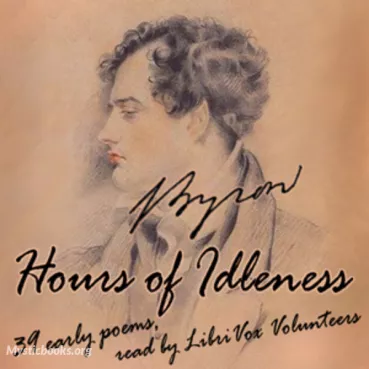
Hours of Idleness
It is an engaging book that will captivate the imagination of readers. This collection of poetry, written by the acclaimed author Lord Byron, offers a glimpse into the thoughts, emotions, and experiences of the poet. Originally published in 1807 when...
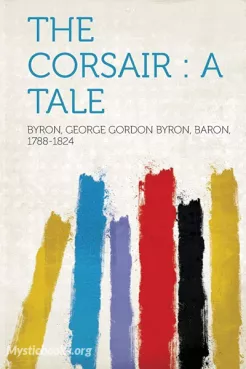
The Corsair
This is a mesmerizing literary work that takes readers on a thrilling journey through the world of piracy, romance, and rebellion. Written in 1814, this epic narrative poem showcases Lord Byron's exceptional storytelling skills and his exploration of...
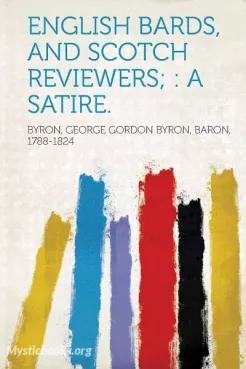
English Bards and Scotch Reviewers
Unleash the power of poetic satire as Lord Byron, the renowned British poet, unleashes his fiery pen upon the literary establishment in "English Bards and Scotch Reviewers." Step into a world of scathing critique and biting wit, as Byron fearlessly c...
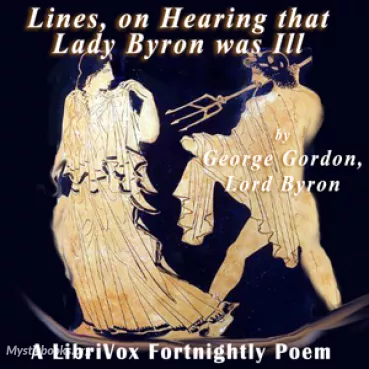
Lines, On Hearing That Lady Byron Was Ill
Lord Byron, one of the most celebrated poets of the Romantic era, writes a chilling and bitter poem about his estranged wife, Lady Byron, after hearing that she is ill. George Gordon, Lord Byron's poem "Lines, On Hearing That Lady Byron Was Ill" is...
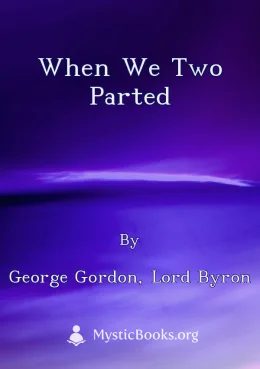
When We Two Parted
LibriVox volunteers bring you nine different recordings of When We Two Parted, by George Gordon, Lord Byron. This was the weekly poetry project for the week of November 26th, 2006.
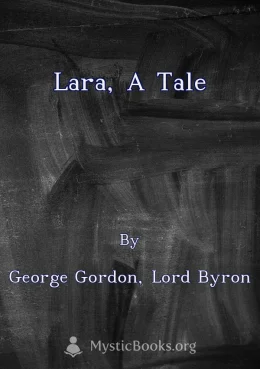
Lara, A Tale
This poem details the return of Count Lara to England after years spent in the East. Upon inheriting his ancestral estate, he faces envy and conflict from his peers. A duel to defend his honor leads to a cycle of violence and warfare. The story explo...
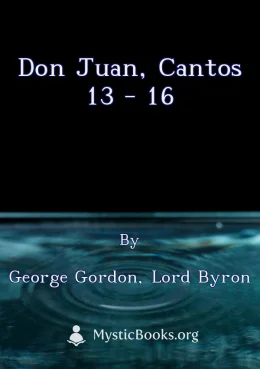
Don Juan, Cantos 13 - 16
Don Juan is a long narrative poem by Lord Byron, published in several cantos between 1819 and 1824. It is a satirical epic that follows the adventures of its eponymous hero, a young Spanish nobleman who travels throughout Europe and experiences a var...
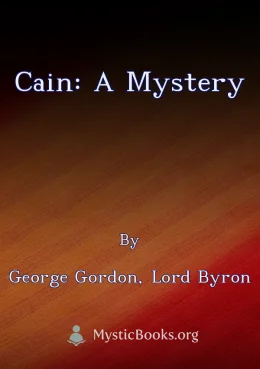
Cain: A Mystery
Cain: A Mystery presents a unique retelling of the biblical story of Cain and Abel from the perspective of Cain himself. Influenced by Milton's Paradise Lost, Byron's Cain is a defiant and inquisitive character grappling with the mortality and punish...
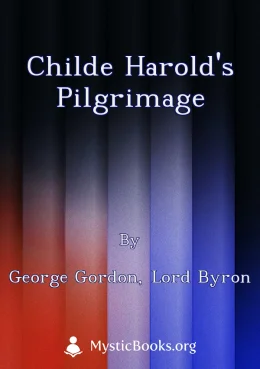
Childe Harold's Pilgrimage
Childe Harold's Pilgrimage is a narrative poem that follows the journey of a young man who, disillusioned with his life of pleasure, seeks solace in foreign lands. As he travels, he reflects on his experiences and the state of the world around him. T...
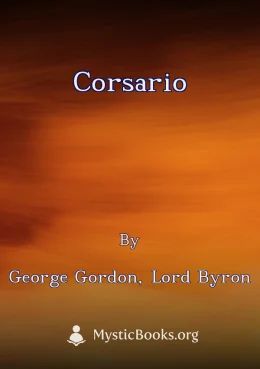
Corsario
Corsario by George Gordon, Lord Byron, is an autobiographical poem that follows the tumultuous adventures of Conrad, a shunned yet charismatic corsair. Bryon's most celebrated work embodies the essence of Romanticism, with its exploration of individu...
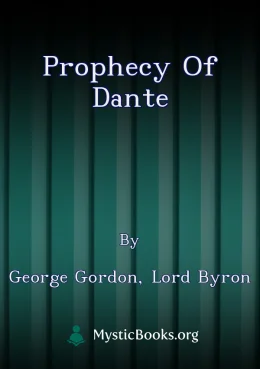
Prophecy of Dante
The Prophecy of Dante is a poem by George Gordon, Lord Byron, written in 1819 after he visited the tomb of Dante Alighieri in Ravenna, Italy. The poem is a tribute to Dante and his work, and it also contains Byron's own reflections on the future of I...

Prisoner of Chillon
The Prisoner of Chillon is a narrative poem by Lord Byron about a political prisoner, François Bonivard, who was imprisoned for six years in the dungeon of the Castle of Chillon on the shores of Lake Geneva. The poem describes the prisoner's physical...